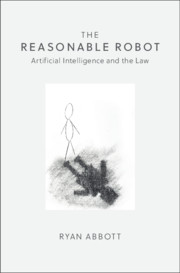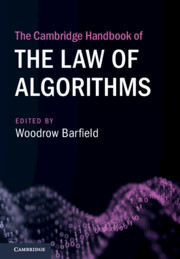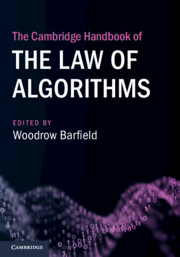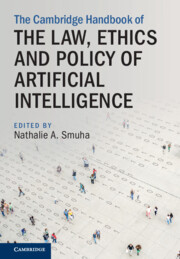Autonomous Organizations
Under current business law, it is already possible to give legal personhood, or a very close surrogate of it, to software systems of any kind (from a simple automated escrow agent to a more hypothetical, truly smart artificial intelligence). This means that, for example, robots could enter into contracts, serve as legal agents, or own property. Ultimately, entire companies could actually be run by non-human agents. This study argues that this is not as scary as it might sound at first. Legal theorist and noted software developer Shawn Bayern argues that autonomous or zero-person organizations offer an opportunity for useful new types of interactions between software and the law. This creative contribution to the theory and practice of law and technology explores the social and political aspects of these new organizational structures and their implications for legal theory.
- Demonstrates how functional legal personhood can be given to software systems, such as artificial intelligence, under laws that already exist
- Shows ways in which complex algorithms can interact with the legal system
- Explores the implications for law of the flexibility of modern legal organizations, including the development of 'autonomous' organizations
Reviews & endorsements
'Autonomous Organizations is a testimony to the versatility and innovation of private law. A true masterpiece, pragmatic and down-to-earth in style, it firmly installs Shawn Bayern at the forefront of twenty-first century legal thinking. A must read not just for corporate lawyers, but for anyone interested in modern legal practice.' Thomas Burri, Professor of International Law and European Law, University of St. Gallen, Switzerland
'Shawn Bayern's Autonomous Organizations, focuses on explaining how current law actually applies to systems that are becoming more and more autonomous and artificially intelligent. In the book, he provides a rich, thoughtful, and careful analysis of the topic; thus, the book is highly relevant to practitioners and academics. I highly recommend the book.' Woodrow Barfield, Professor, Engineering and Law
Product details
October 2021Hardback
9781108839938
190 pages
235 × 158 × 17 mm
0.44kg
Available
Table of Contents
- 1. Why Autonomous Organizations? 2. The Legal Role of Algorithms
- 3. In the Company of Robots: The Creation of Autonomous Organizations
- 4. The Legal Viability of Autonomous Organizations
- 5. The Advantages of Autonomous Organizations
- 6. The Limitations and Legal Implications of Autonomous Organizations
- Conclusion.






